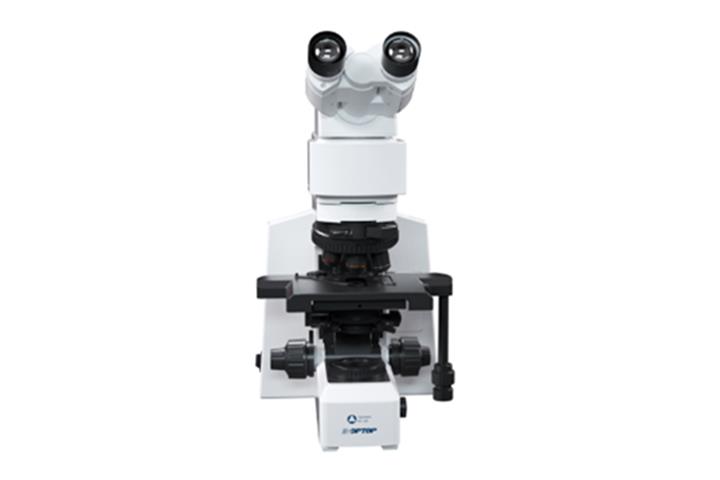 Tencent- Developed First Chinese Smart Microscope Gets Nod for Clinical Use
Tencent- Developed First Chinese Smart Microscope Gets Nod for Clinical Use(Yicai Global) April 9 -- The intelligent microscope that the AI Lab of China's internet titan Tencent Holdings developed has recently gained a registration license from the National Medical Products Administration, becoming China's first smart microscope allowed for clinical applications in hospitals, according to a statement on Tencent's official account on its popular WeChat messaging app today.
The company's research and development work on smart microscopes started in 2018, with the Shenzhen-based firm providing its own artificial intelligence technologies, and Zhejiang province-headquartered Sunny Optical Technology Group offering hardware, while the third-party medical examination provider Guangzhou KingMed Diagnostics Group supplied expert resources and pathological knowledge, per the statement.
Conventional microscopes require pathologists to recognize and evaluate diseased tissues relying on their experience and estimate the number and proportion of affected cells to arrive at a final diagnosis. This entails a great expenditure of time and energy whose results are not very precise. Tencent's smart devices identify and distinguish similar cells to improve the precision and uniformity via precise quantitative analyses.
Traditional magnifying devices have a long history, but a limited field of view. Doctors can only see one small item on a slide each time and have to manually shift these to look at multiple views and integrate what they see to achieve a full diagnosis, according to the company statement.
Smart microscopes, by contrast, offer real-time support to medical practitioners analyzing samples, immediately initiating the algorithms after identifying what they see to rapidly generate results and display them. They can simultaneously collate the analysis results of different views and derive comprehensive statistics from these, the statement said.
Another reason the company developed its smart microscope is China's lack of pathologists, Tencent noted, adding their number is a mere 15,000, a shortage of nearly 100,000. The cultivation of new clinical pathologists takes a great deal of time. The model of doctors working together with smart microscopes reflects the strategy of 'human+AI', which comprehensively improves efficiency.
The smart system has not been developed enough to completely substitute for pathologists, who will always be irreplaceable in diagnosis, Tencent also noted.
Editor: Ben Armour